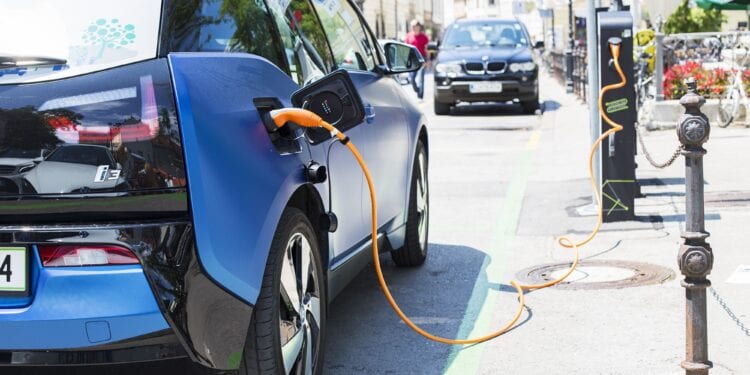Project developer Neometals Ltd (ASX: NMT) has confirmed it has agreed to an extension to the decision date for formation of its proposed lithium-ion battery (LIB) recycling project JV with German company, SMS Group GmbH.
Pursuant to a binding memorandum of understanding (MoU), Neometals has granted SMS an exclusive due diligence period to evaluate the results of its Canadian LIB recycling pilot trial, after which point the parties propose to form a 50:50 incorporated JV to commercialise the Neometals technology.
Neometals Managing Director Chris Reed said it was originally contemplated that the JV formation decision would be made in mid-February 2020 and this date has been extended to 30 April 2020.
Mr Reed said the extension allows additional bench scale testing of an improvement to the Neometals flowsheet to maximise the recovery and purity of lithium, which is the final stage of the Pilot and scheduled to commence in early March.
The Pilot programme at SGS Lakefield in Canada has successful produced high purity nickel, cobalt and copper sulphate solutions at high recovery rates.
Neometals and SMS are in continual dialogue regarding the progress of the Pilot and negotiating the terms of the formal joint venture and licensing agreements.
Mr Reed said that in anticipation of the proposed JV, Neometals has advanced the design and procurement activities for the planned demonstration plant operation at SMS facilities in Europe.
Neometals has shipped its process, analytical and assay equipment from its Montreal laboratory (now closed) to SMS hydrometallurgical test work facilities in Vienna, Austria. Neometals’ 20,000 tonne per annum, two-stage comminution circuit (shredding) is undergoing CE certification (EU Compliance) and factory acceptance testing in the USA for subsequent shipment to SMS Hilchenbach, Germany, the site for preparing LIB feed for hydrometallurgical processing in Vienna.
“To the best of Neometals’ knowledge, once commissioned in Germany, the comminution circuit will have Europe’s largest LIB shredding capacity by throughput,” Mr Reed said.












